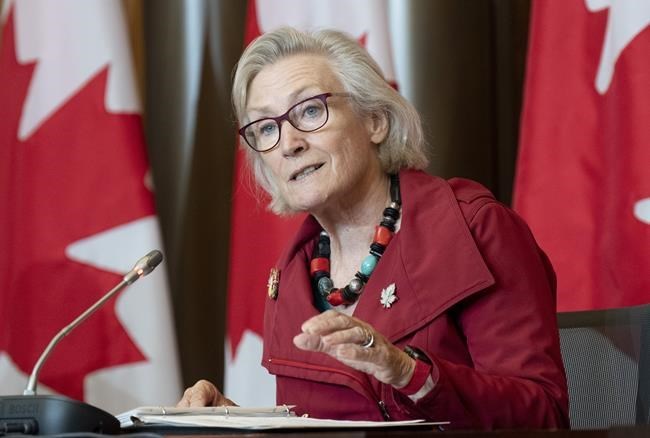VANCOUVER — The federal government is putting $5 million toward chronic pain resources in what Carolyn Bennett, minister of mental health and addictions, says is part of an effort to help stop people with untreated pain from seeking relief through toxic street drugs.
She says up to $4.5 million over five years will go toward expanding the Pain Canada Network, enhancing national collaboration, scaling up best practices and expanding resources for those living with chronic pain.
Another $520,000 will support a project to improve access to services for LGBTQ residents in B.C., as well as those in Chinese, Punjabi and Arabic-speaking communities living with chronic pain.
Bennett says the COVID-19 pandemic exacerbated challenges for those living with pain, including access to adequate health services and support.
Her announcement came as the BC Coroners Service said 171 people died in September from the toxic drug crisis, putting the province on track to surpass 2,000 overdose deaths for another year.
Bennett says that data shows many of those who have died in B.C. sought treatment for their pain in the previous year.
"We have all heard about people being cut off their meds and then going to the street for their drugs. We don't think people should live in pain," Bennett says.
"This will help increase pain management options and awareness about best practices from coast to coast to coast."
This report by The Canadian Press was first published Nov. 7, 2022.
The Canadian Press



